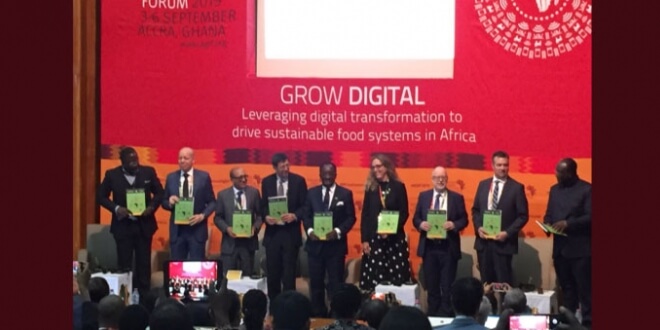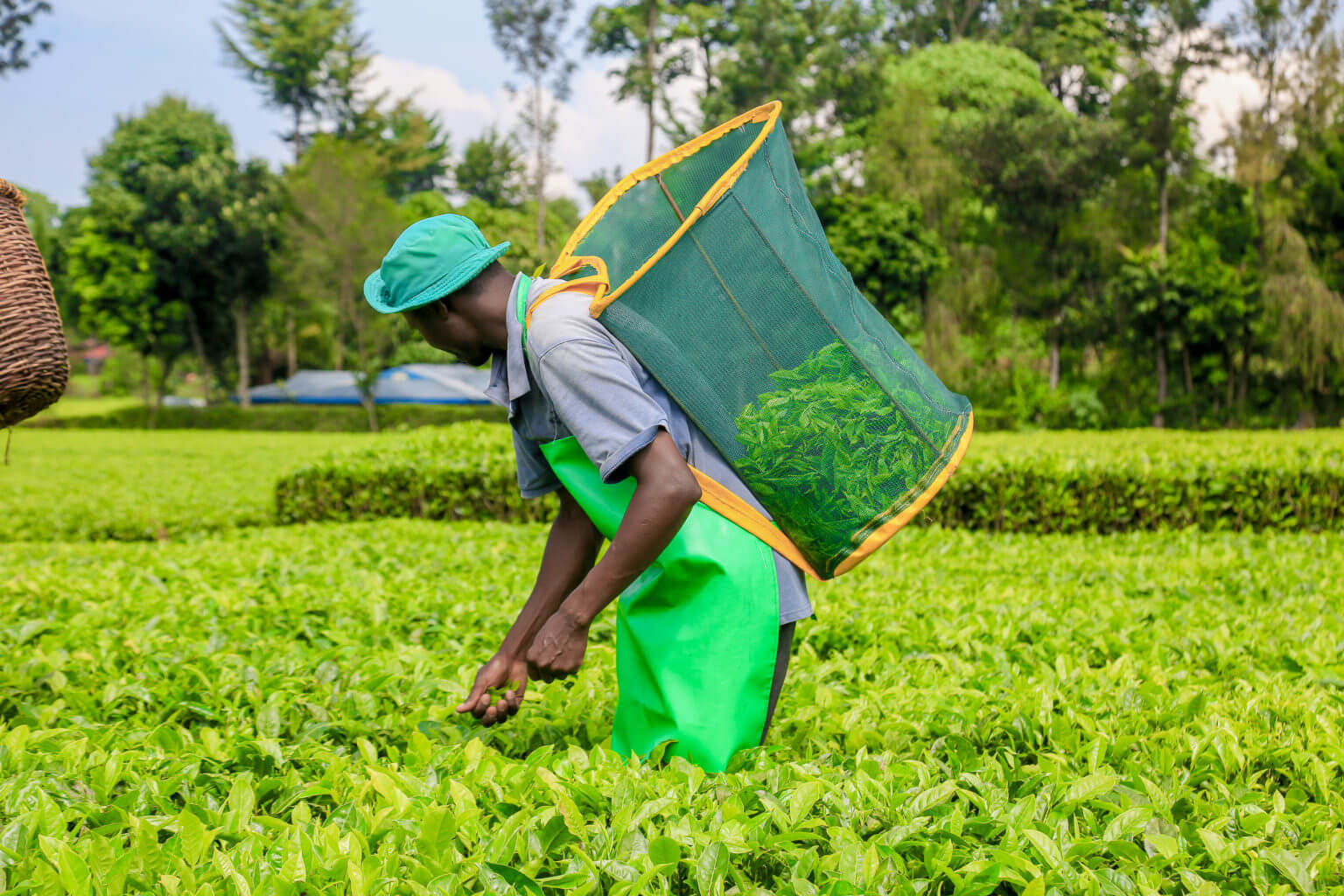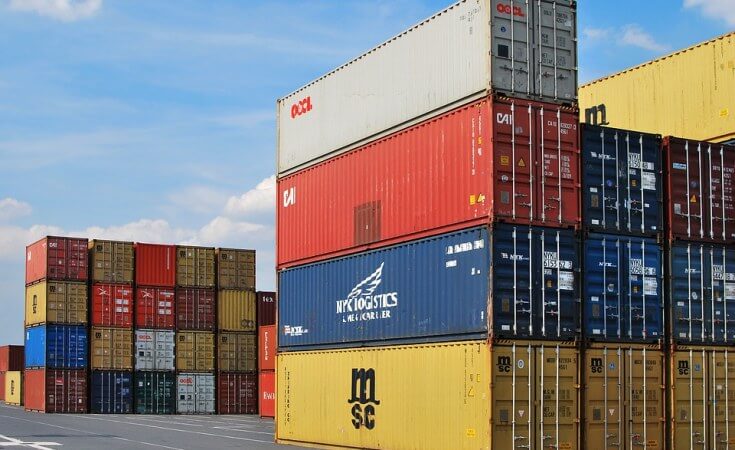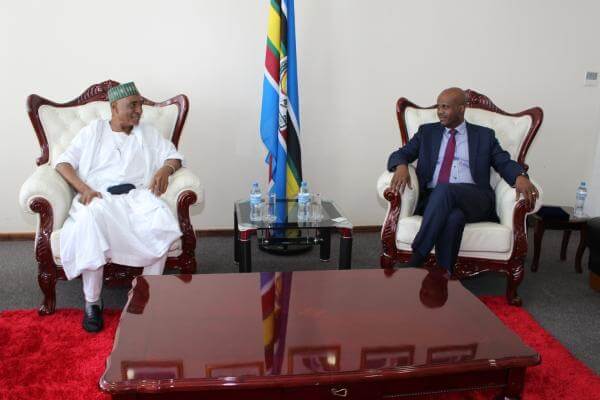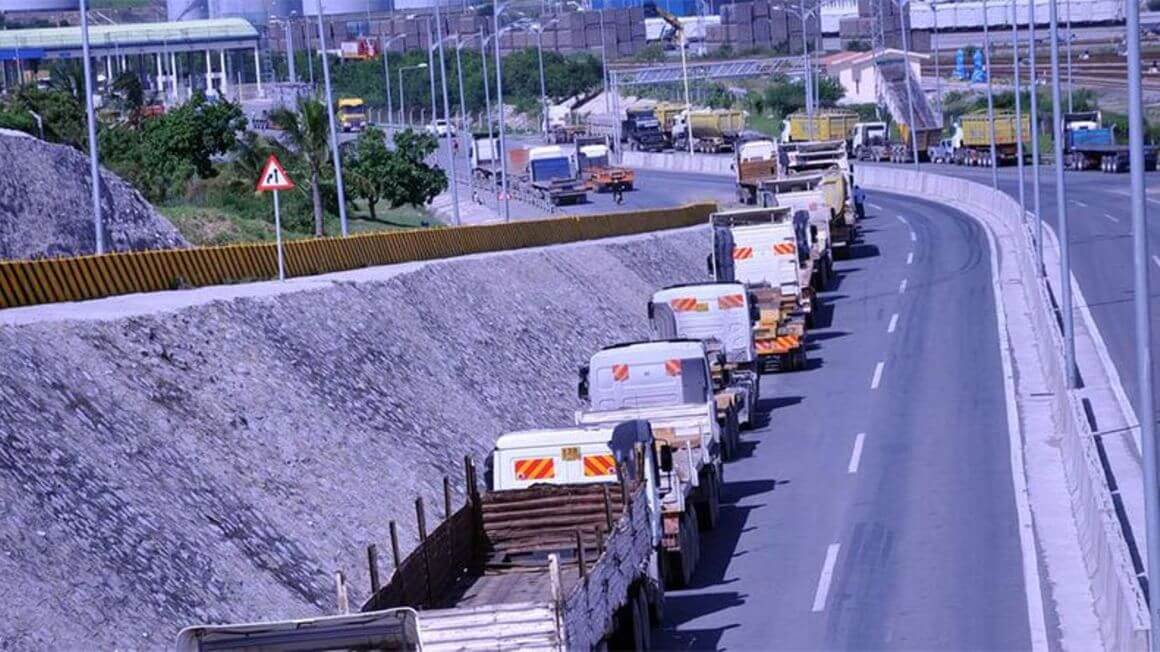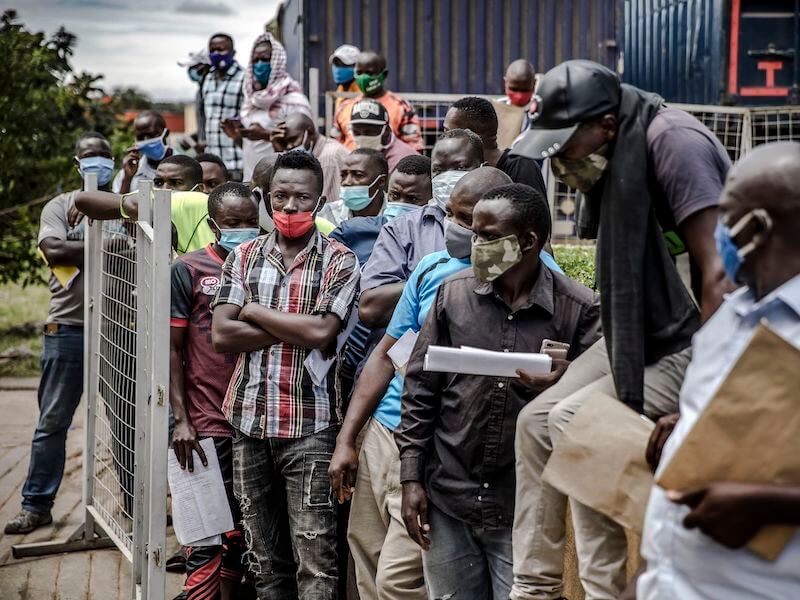THE 2020 Africa Agriculture Trade Monitor (AATM), published by the International Food Policy Research Institute (IFPRI), has recently been released, providing an analysis of continental and regional trends in African agricultural trade flows and policies. According to the AATM report, the third in a series of flagship reports, policy reactions among the world’s leading food and agricultural producers during the coronavirus pandemic since the beginning of the year have caused disruptions in world supply chains and threatened food-security systems in food import-dependent countries. Furthermore, measures to contain the virus have magnified the negative impact of the crisis on intra-continental trade flows and the livelihoods of millions of people across Africa. But opportunities lie in the crisis, as the foreword to the report points out. Among these is a strong political will to improve intra-African integration with the ratification of the African Continental Free Trade Area (AfCFTA) agreement. This agreement, launched in July 2019, aims to eliminate tariff and non-tariff measures on goods, improve continental integration, and speed up customs procedures that remain a serious barrier to trade performance in Africa. According to the report, countries should not let the pandemic stop progress towards economic integration. It said that agreements like the AfCFTA could provide not only a solid basis for long-term economic development, but also a means of effectively fighting future pandemics by facilitating the cross-border trade of food and medical goods. According to the report, virtual negotiations on the AfCFTA could begin in the coming days and set a...
Lift barriers, increase trade, African countries told
Posted on: September 21, 2020
Posted on: September 21, 2020

